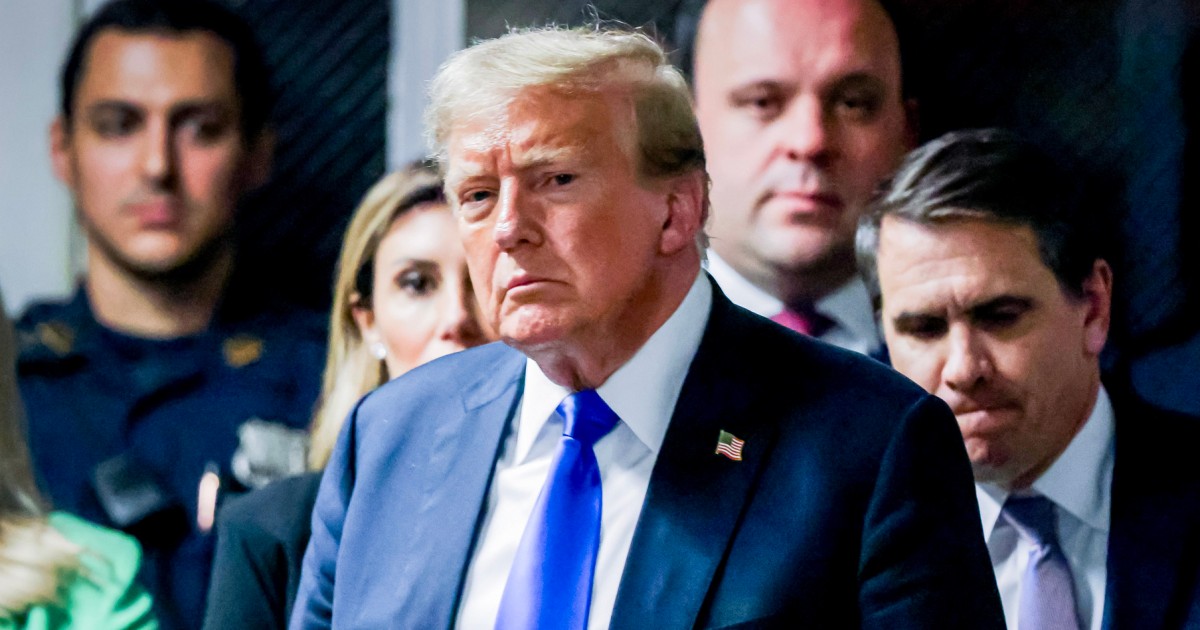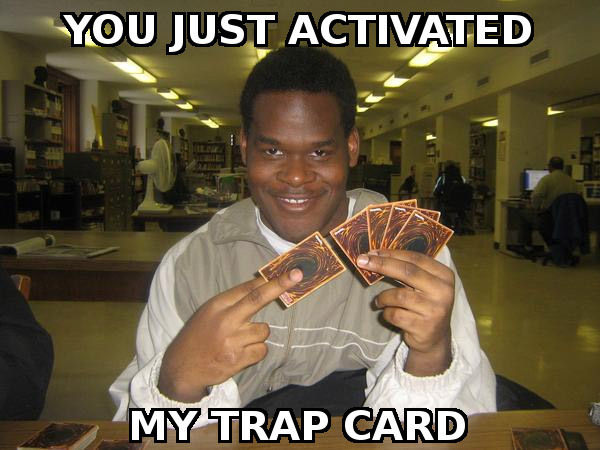TacticalTea
Army.ca Veteran
- Reaction score
- 1,485
- Points
- 1,160
Can it go to the Supreme Court?Hypothetically, if these convictions are ultimately upheld after all appeals have been exhausted, would you accept the legitimacy and validity of it then?
If so, I don't expect this would happen.
It seems like a novel interpretation to consider a personal hush money payment like a campaign contribution.
Guess I'll have to read the decision to understand how they got to that conclusion.






